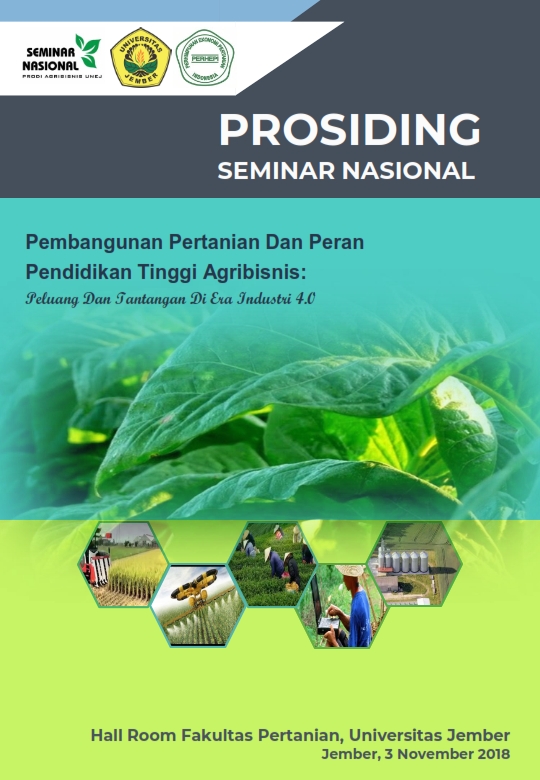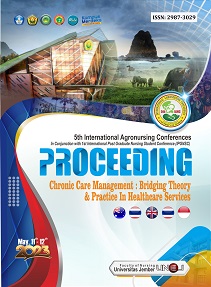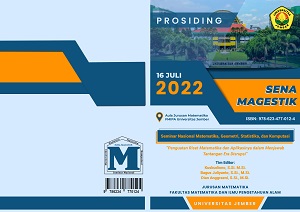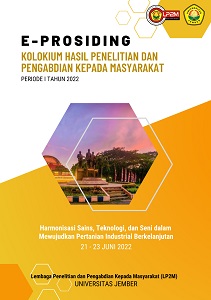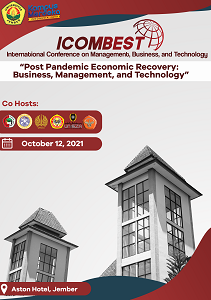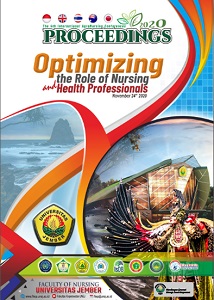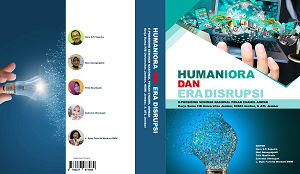Sikap Petani Terhadap Penggunaan Benih Padi Varietas Unggul Di Kabupaten Jember
Abstract
The demand of various kind variety of rice seeds on every planting season and in some area, causing the seeds producer must have knowledge related to the seeds that matching with the farmers demand. This knowledge can be obtained by doing mapping related to the rice seeds that compatible with farmer’s response. In order to gain the producer knowledge, research related to farmer’s response toward the use of superior varieties of rice seeds is needed. This research conducted by using descriptive analytic method. The data collection using observation, interview, and documentation method. The respondents of this research are about 56 peoples that spreads in four regions in Jember district. The farmer’s response analyzed using Multiattribute Fishbein with eleven attributes that rated such as productivity, resistance of pests, resistance of disease, resistance of weather, efficiency of fertilizer use, seeds price, seeds availability, access of obtaining seeds, grain price, rice quality, and access to sell the grain. The result says that inbrida Logawa getting the response score about 169,72 and included to the one of rice seeds that liked by farmers. Different from Logawa, inbrida Cibogo, Sintanur, and Ciherang seeds included to commonplace seeds, which is inbrida Cibogo getting response score 166,90 higher than inbrida Sintanur and Ciherang seeds that each having the response score about 164,01 and 162,52. The farmer’s response to this hybrid’s seeds categorized as disliked, that proved from how low the response score that obtained by hybrids seeds about 116,27.

